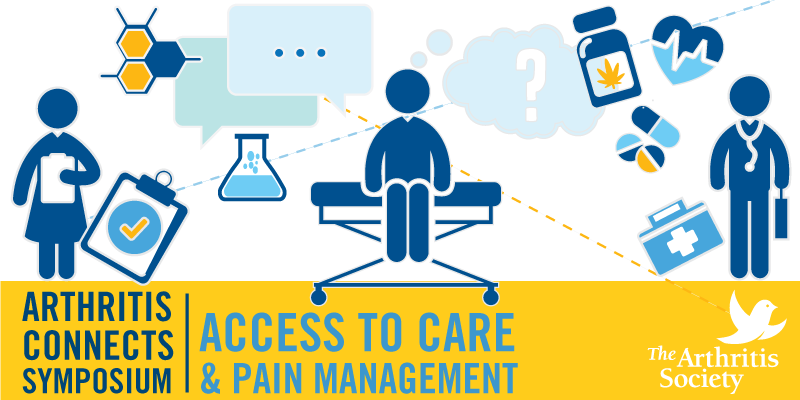- This event has passed.
September 26, 2017 @ 4:00 pm - 8:00 pm
Free
This free symposium, which you can attend in person or online via webinar, will address arthritis-specific issues in the Interior of BC. All patients, caregivers, and healthcare providers are encouraged to come and learn more about arthritis care and pain management.
Speakers will address:
- how you can access and work with a rheumatologist to improve your arthritis care
- common questions addressed by a clinical nurse
- what options for pain management are available to you, including a closer look at medical cannabis as a form of pain management
- how we can all work together to address patients’ health needs
Speakers: Dr. Michelle Teo (Rheumatologist), Anne Scott (Nurse at Rheumatologist Clinic), Dr. Caroline MacCallum (Internal Medicine) and Christine Basque (Executive Director, The Arthritis Society, BC & Yukon Division).
Dr. MacCallum will be available from 4:00 – 5:00 p.m. for one-on-one Q&A regarding medical cannabis as a form of pain management.
Where: Penticton Trade & Convention Centre, 273 Power Street, Penticton, BC or online via webinar – click here!
When: Q&A 4:00 – 5:00 p.m. | Symposium 5:00 – 8:00 p.m.
To register: Please call toll-free 1.866.414.7766 or email registration@bc.arthritis.ca.
To learn more about this event, click here.


